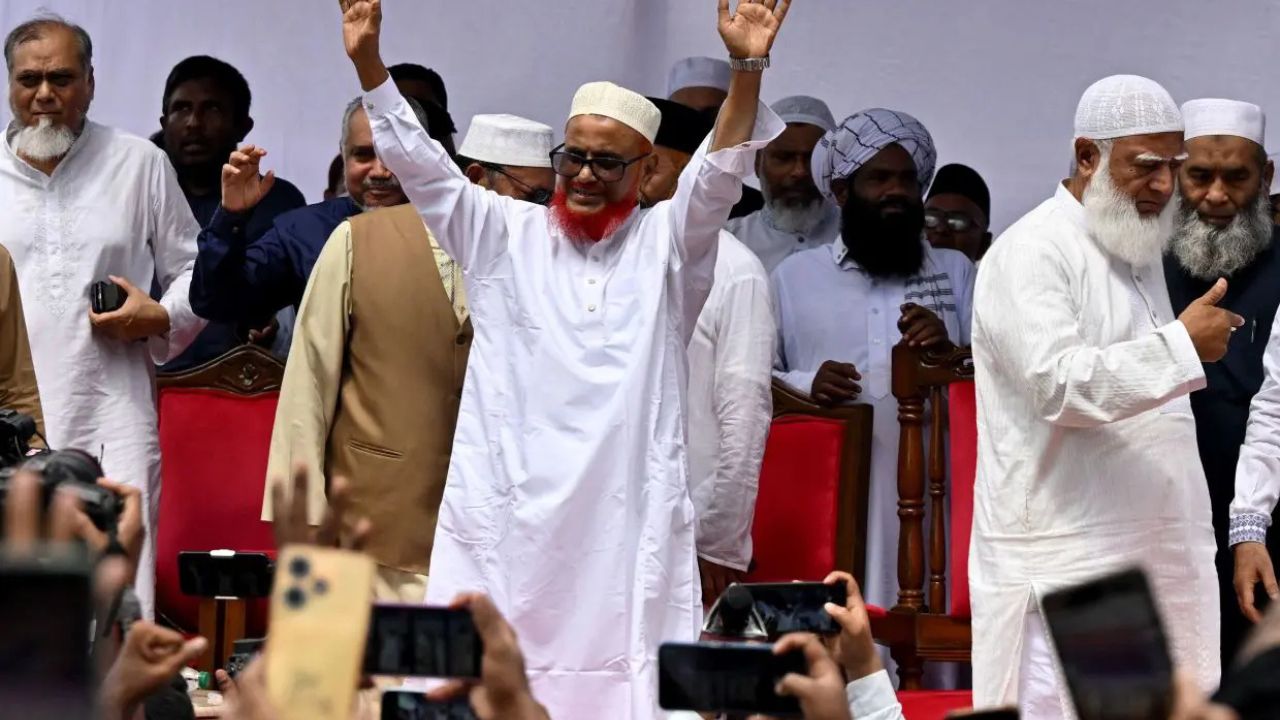 English
English

Government’s holistic education plan faces backlash from fundamentalist groups; threats of street protests over appointment of art teachers spark a deeper conflict between education reform and religious tradition.

Controversy Over Bangladesh's Education Policy (Image Source: Internet)
Dhaka: A major controversy has erupted in Bangladesh over its education policy. The government has launched a new initiative to promote holistic education for children, which includes teaching creative subjects like music and dance in primary schools.
The appointment of art teachers is proposed for this purpose. However, some fundamentalist religious organizations in the country have strongly opposed this move.
India grants relief to persecuted minorities from Afghanistan, Pakistan and Bangladesh
The Bangladesh government, especially the Yunus administration, believes that providing children with only academic or religious education is not enough. Engaging children in creative activities like art, music, and dance is essential for their mental and emotional development.

Bangladesh Jamaat e Islami
This will enhance their personality, enhance their thinking, and familiarize them with cultural values. In light of this, a proposal has been made to amend the National Education Policy (NEP) and appoint art teachers in primary schools.
This initiative has been opposed by radical organizations such as Jamaat-e-Islami, Khilafat Majlis, Bangladesh Khilafat Movement, and Islamic Movement Bangladesh. They argue that teaching music and dance at an early age will diminish children's religious interest.
They claim this could lead to children becoming "atheists" and losing faith in Islam. Some leaders even say that music and dance promote moral degradation and corruption.
Radical organizations have warned the government that if this proposal is not withdrawn and art teachers are appointed, they will take to the streets and launch a massive protest. They also say they will continue their protests until the appointment of religious teachers in schools is made mandatory.
This controversy is not limited to education; it also reflects a deeper conflict over the social and cultural direction of Bangladesh. On the one hand, the country wants to progress, providing children with modern, scientific, and creative education, while on the other, some forces want to limit them to religious education only.
Bangladesh: Ex-PM Sheikh Hasina sentenced to 6 months in jail in contempt of court
This controversy in Bangladesh reveals that the country is still teetering between modernization of education and religious traditions. The government must strike a balance between engaging children with art, culture, and modern education while also respecting religious sentiments.
If this issue is not resolved in time, it will become a question not only of education but also of Bangladesh's social unity and cultural identity.
Beta feature